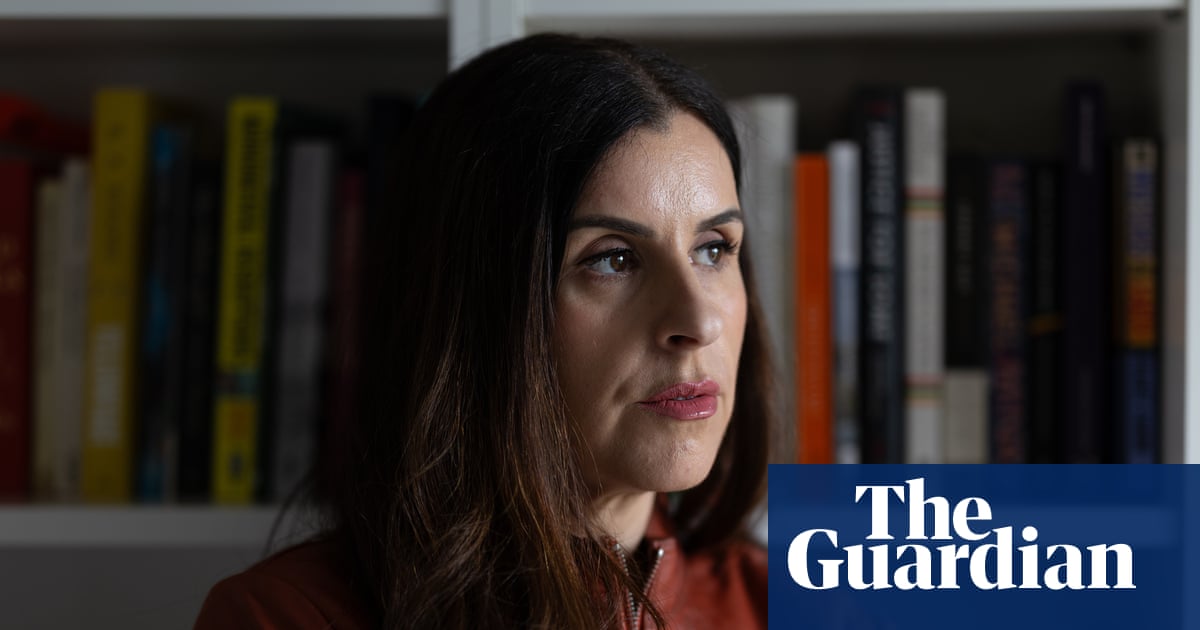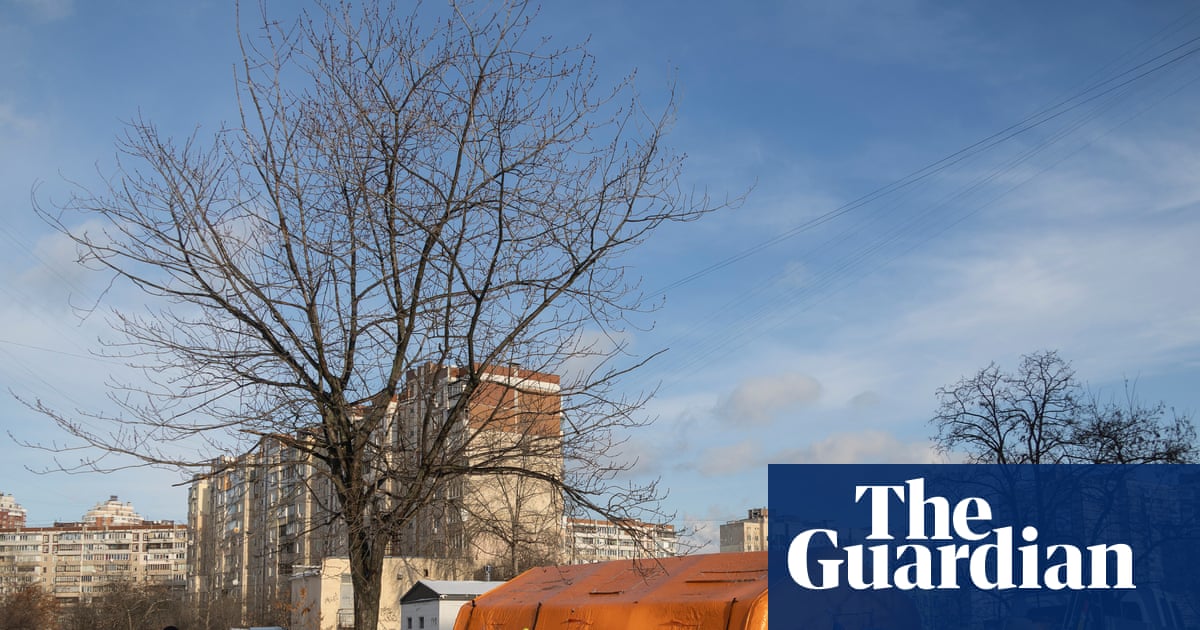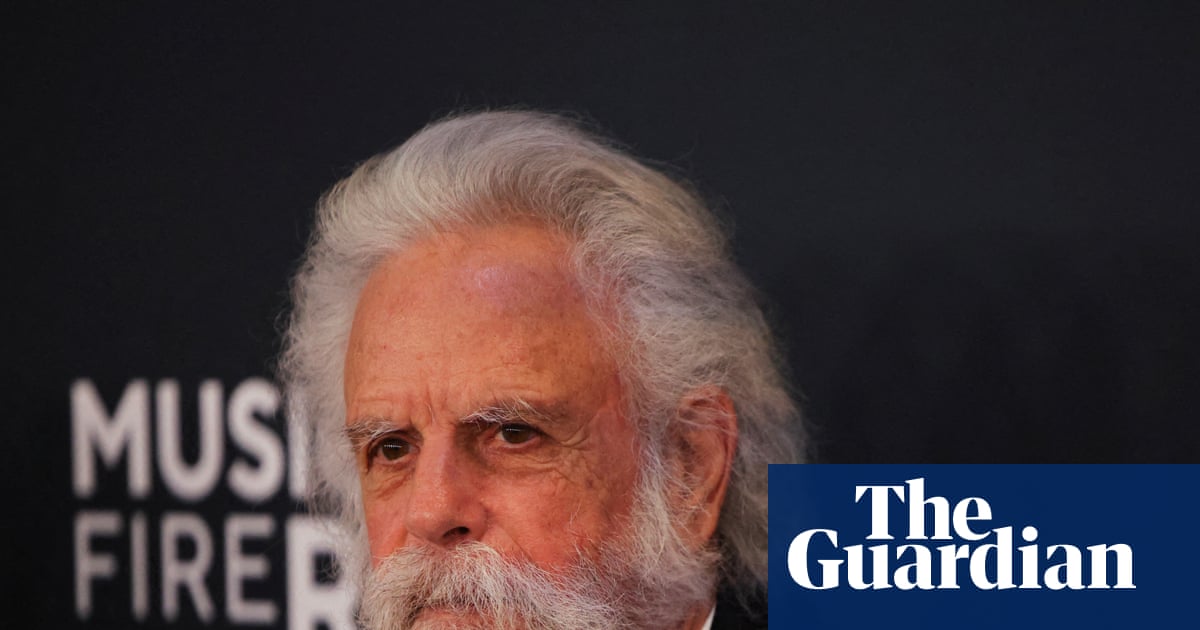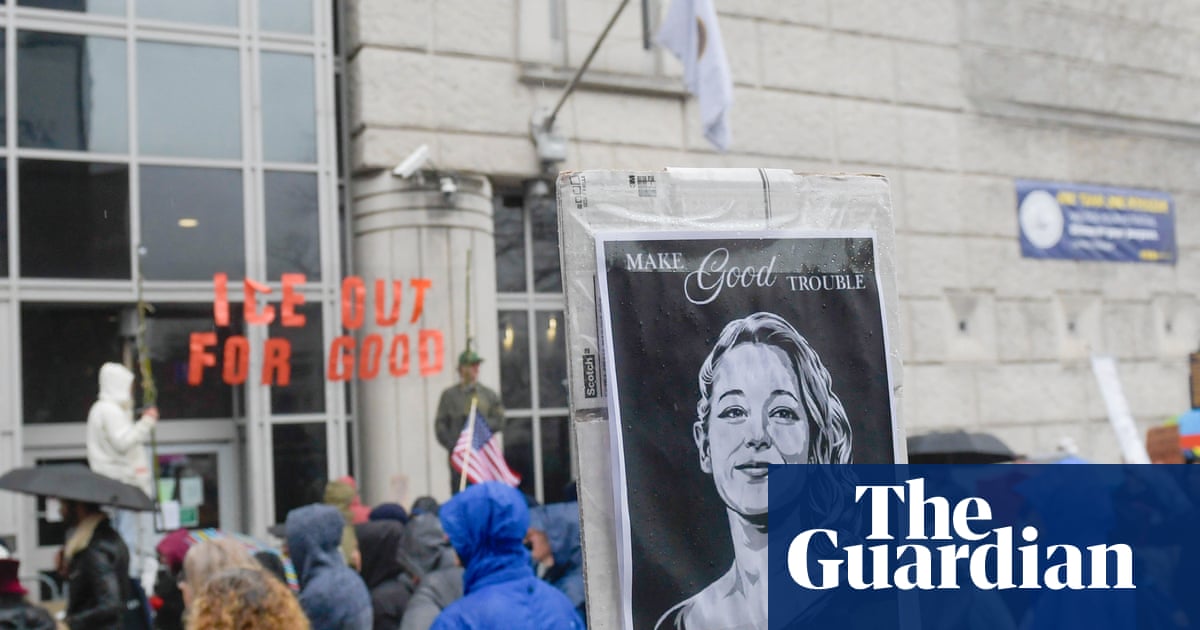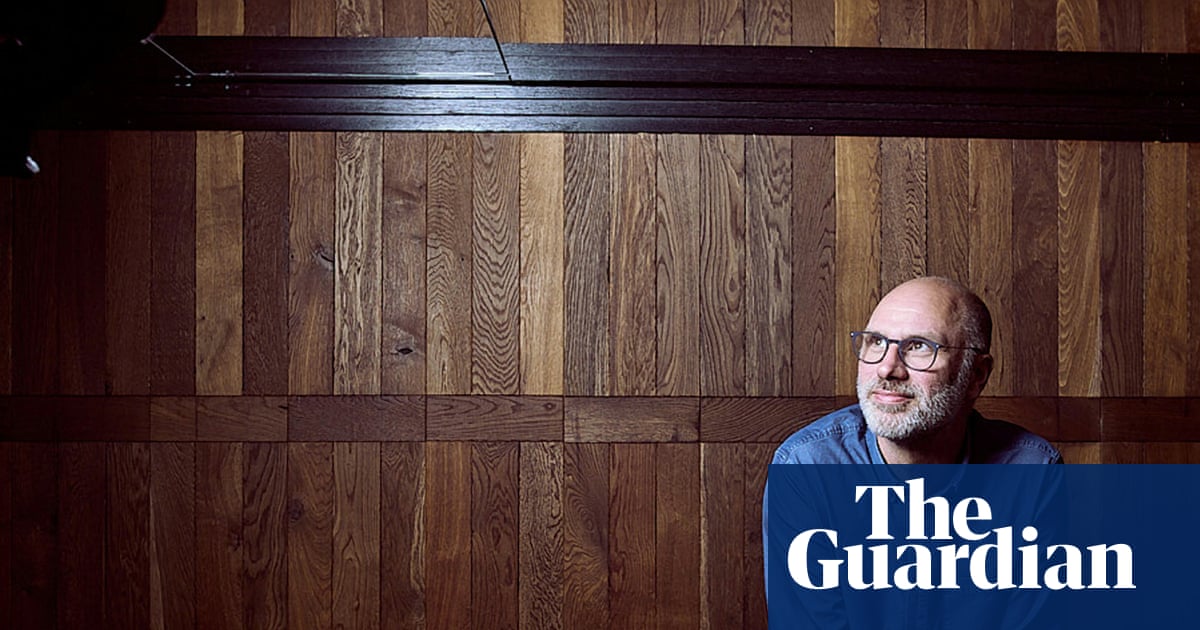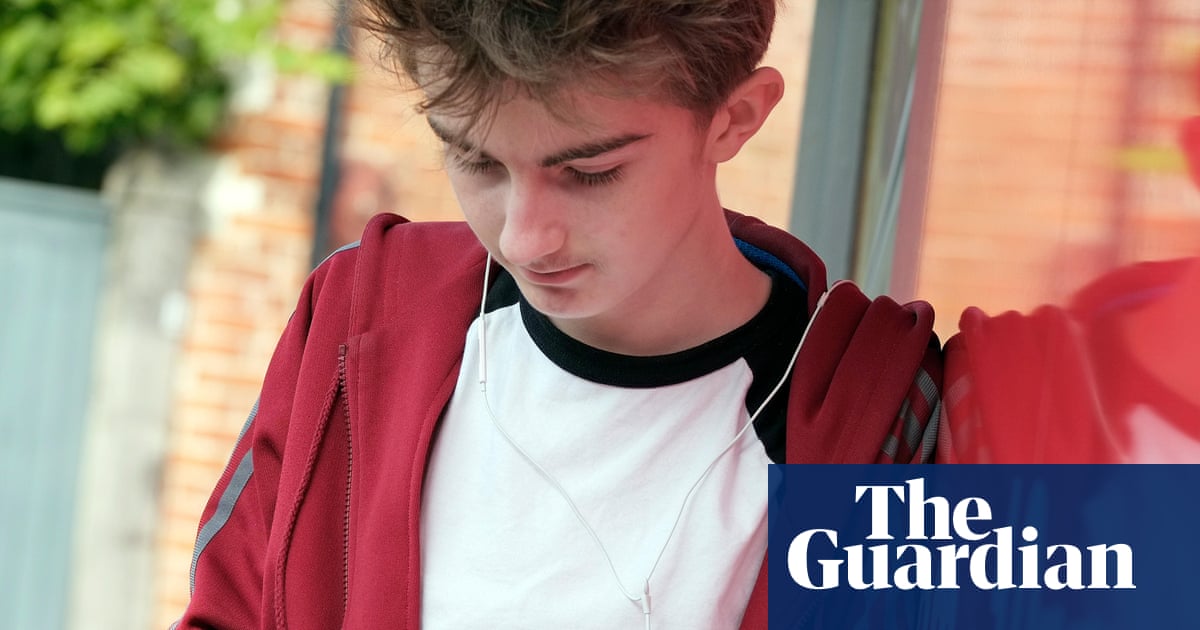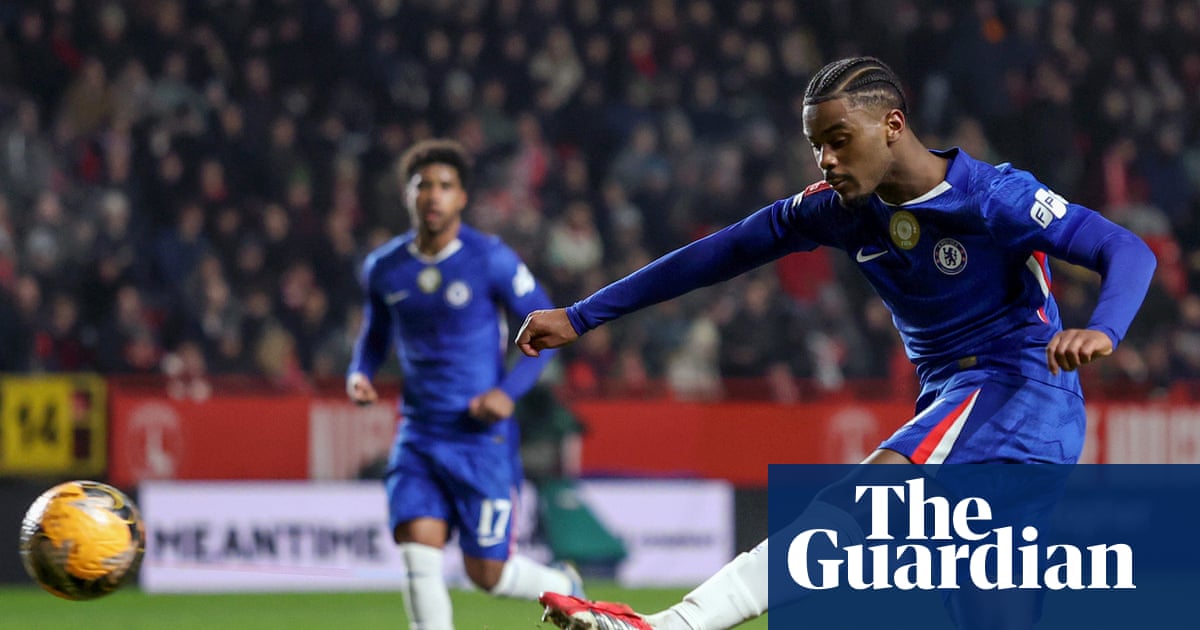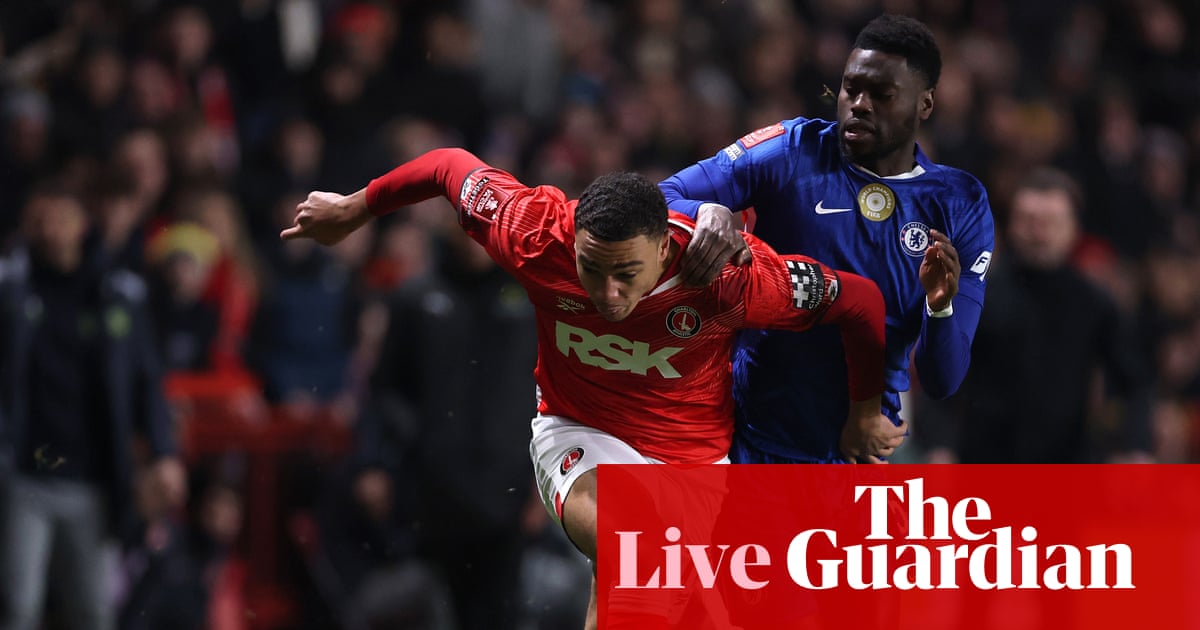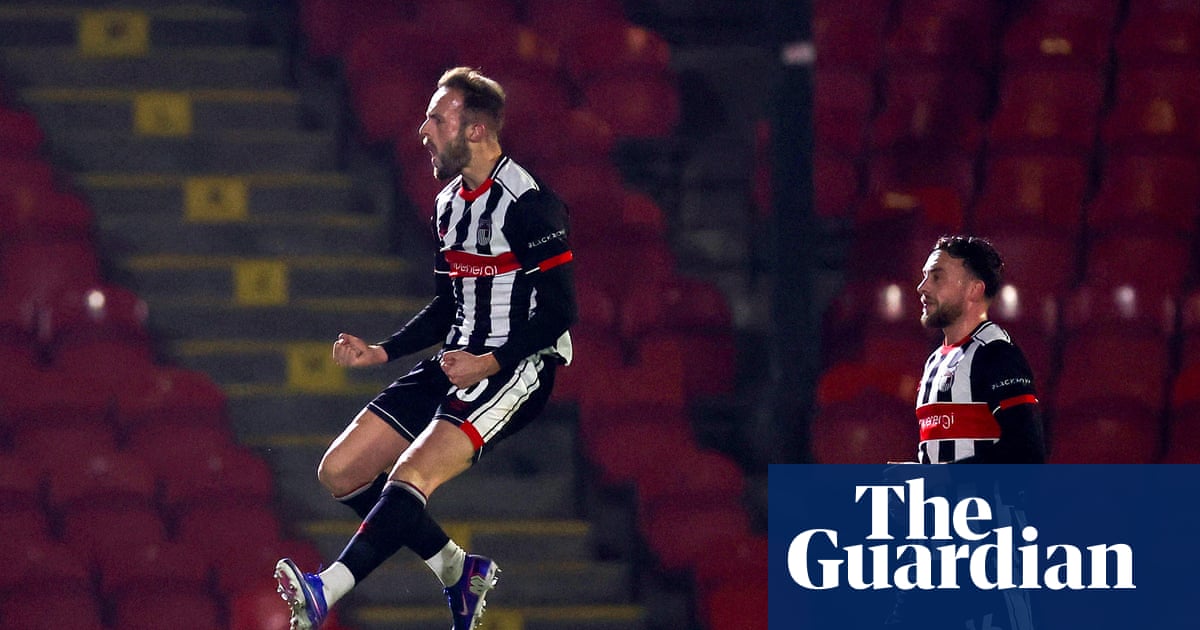I have been on a great many political marches in my time. But Saturday’s rally, facing up to Tommy Robinson’s 110,000-strong “unite the kingdom” march in London, was the only one where I actually felt threatened.
I was on the anti-racist counter march and we were outnumbered 20 to one. This was startling: on anti-racist marches, we usually easily outnumber the racists. The march organised by Robinson, whose real name is Stephen Yaxley-Lennon, was billed as “a free speech rally”, but free speech in this case seemed to mean people saying anything they wanted about only one subject: immigration.
Some commentators like to say that mobilisations such as this are only expressions of discontent by people who feel a little ignored. If they had been in central London on Saturday and seen the sea of men (and they were nearly all men) defiantly waving their St George’s flags, some of them attacking the police and spitting at people like me, they might want to reconsider that view. The kind of people who were marching usually take exception to being called racists. But it is hard to know what else to call those of them who gathered in the capital to demand mass deportation and insist that black and brown men are a unique threat to white women.
Apart from its size, the other thing that was remarkable about Robinson’s march was that it was addressed, via video link, by a billionaire, Elon Musk. He may be a hugely successful businessman, but his grasp of the British political system seemed less than sure. He said, “violence is coming to you, you either fight back or you die” and “I really think that there has to be a change of government in Britain … Something’s got to be done. There’s got to be a dissolution of parliament and a new vote held.” That’s not how we do democracy in the UK.
The huge turnout for Robinson’s march was partly a consequence of the online world we now live in. Social media have made this scale of mobilisation so much easier. But discussing the march afterwards with others from the anti-racist rally, we had the sense that there is something dark bubbling up in British society. Organisations that support the victims of race hate crime say that the number of cases is shooting up. Ugly incidents are increasing – only this weekend, in the West Midlands, a Sikh woman was reportedly raped in broad daylight by white men shouting racist abuse including “you don’t belong in this country, get out”.
One of the problems with our response to race hate incidents, in my experience, is that the parts of society who would normally be expected to take up a progressive cause are reluctant to call them out for what they are. Trade unions are content to let their branches carry their banners on anti-racist marches but are too often silent on anti-racism itself. Is it because they suspect that many of their members might be racists and do not want to antagonise them?
The Labour party seems to be tying itself in knots to avoid talking about racism at all. It took Keir Starmer until Sunday afternoon to address what happened on Saturday, telling the Guardian that “we will not stand for … people feeling intimidated on our streets because of their background or the colour of their skin”. But first, the business and trade secretary, Peter Kyle, was sent out to tell the press that the rally “doesn’t disturb me, because it’s actually proof that we live in a country where free speech, free association, is alive and well”.
Perhaps this is Labour’s strategy for out-Reforming Reform. But in reality, this anti-immigrant politics is not helping the party. Using survey data from more than 30,000 respondents from the British Election Study, which happened to take place in the same month as Starmer’s “island of strangers” speech, political scientists found two things. First, that the public registered the speech and assumed that Labour had moved to the right on immigration; and second, that this did not have a favourable impact. One of the political scientists involved said: “The real story is the negative effect [of the speech] on Labour. They lost votes without gaining any from the people they are aiming to attract or nullifying their perceived threat from Reform.”
Britain has seen anti-immigrant politics for generations. Post-war migrants from the Caribbean were harassed and beaten up by the equivalent of Robinson’s followers today. The only differences now are a toxic social media ecosystem and US billionaires prepared to publicly support the successors of the teddy boys.
But if the violence and hatred are to be stopped, politicians first need to be prepared to call racism out for what it is. Silence about the racism inherent in events such as Robinson’s march can be seen as tacit approval of its message. It further emboldens the men wrapped in St George’s flags attacking the police. Refusing to acknowledge racist attacks for what they are can leave victims feeling alone and unprotected, and tiptoeing around the racist nature of this violence does not seem to alleviate it.
after newsletter promotion
No doubt this weekend’s march was, to some extent, an expression of discontent by people who feel ignored. The deindustrialisation of so many parts of Britain has had ramifications that politicians are failing to address, or even understand. But unless we want to see ever-larger racist marches in London, we need to take the argument to Robinson and the forces he represents. We need to say clearly and explicitly that his argument is not accepted, not least by this Labour government.
-
Diane Abbott has been the Labour MP for Hackney North and Stoke Newington since 1987
-
Do you have an opinion on the issues raised in this article? If you would like to submit a response of up to 300 words by email to be considered for publication in our letters section, please click here.

 3 months ago
133
3 months ago
133
